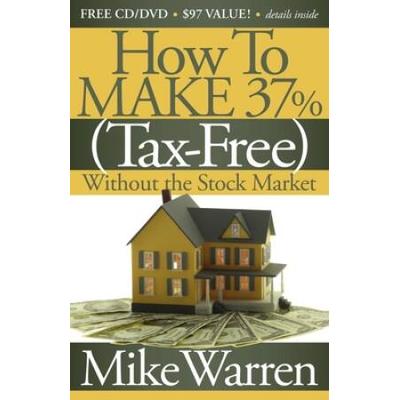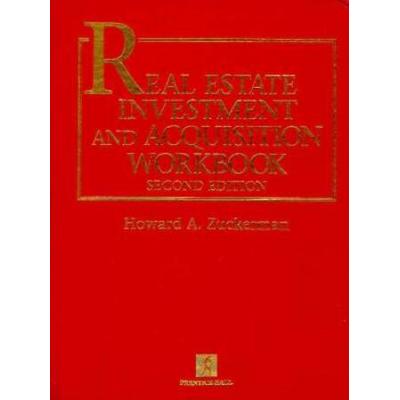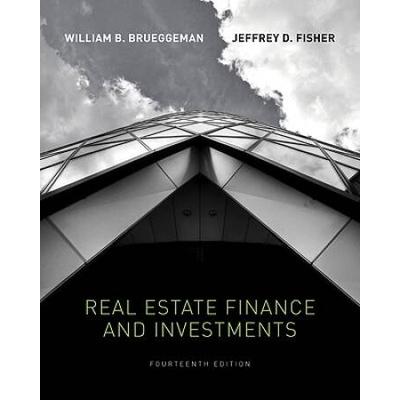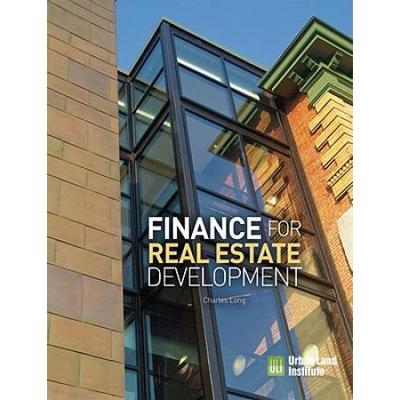LOCAL REAL ESTATE AGENTS
There are many different players in the residential real estate industry property managers, publishers, builders, banks, and government agencies, to say nothing of buyers, sellers, and renters. Nevertheless, the real movers and shakers are the intermediaries, the people constantly moving between and communicating with these players: agents and brokers.
Middlemen – in a good way
The real estate agent is the workhorse of the industry. One’s a salesman one moment, a buyer’s advocate the next; an analyst, an auctioneer, a consultant, a negotiator, and a marketer; occasionally performs the services of an appraiser, a clerk, and a loan officer; accommodates clients on nights and weekends, and often works well beyond forty hours a week.
Basically, a real estate agent does a little of everything, and for that, One’s paid a modest commission provided, of course, that closes the deal. It’s no wonder, then, that so many agents cycle in and out of the industry. It’s also no wonder that demand for their services remains high even in a slow market.
1. Real estate is not a hobby: it’s a business.
In recent years its seen that some new trends when it comes to the consumer’s relationship with the real estate industry. More than ever before, the average person has access to the kinds of statistics, market analyses, technology, and expert opinions that were previously reserved for people who actively made their living as a real estate agent or broker. Consider, for instance, the guide one is reading. Before the Internet, much of this information would only exist in the mouths of working agents or in agent licensure textbooks. Consumers had little need for this information because they trusted their real estate professional to know it.
Today, Realtors are blabbing all over the blogosphere, even making a buck by telling consumers how to do their jobs. “How to Make Money in Real Estate: Five Easy Steps.” “Flipping Homes for Fun and Profit.” Consequently, some seem to think of becoming a real estate agent like taking up a hobby, something to occupy down time and earn quick cash at the same time. But most hobbies are cheap, and even the expensive ones are about the sheer enjoyment of the activity. With a hobby, one is allowed to be careless because one does not have anything to lose. Neglect herb garden for a few days? No big deal. Don’t play guitar for a month? It’ll still be there when fingers get the itch.
Real estate, on the other hand, is a business. It’s about money, and as the market has shown in the last few years, when one get careless in real estate, one stand to lose a lot of it. As an agent, an independent contractor, which means it’s up to agent to manage own business. Any agent who picks up slack isn’t handing it back. Finally, hobbies are personal, while real estate is professional. Typically, only the people with whom one choose to share hobbies know about them, which means they don’t have a huge impact on public image.
But since conduct as a real estate agent takes place in the professional world, it has much a longer paper trail. Pretty much anyone can find out about it. Fail to satisfy a client, and telling her and everyone she knows that one is unreliable which can have serious ramifications for other areas of life. None of this means one shouldn’t enjoy working as a Realtor. On the contrary, agent is not likely to be successful if one don’t. But the best agents are those who marry the pleasure they get from their work to an understanding that it’s, well, work.
2. Leads and listings, but not necessarily in that order.
No matter what business you’re in, selling is hard. As a real estate agent, however, the challenge is even greater because repeat customers are few and far in between. Homes, after all, are not electronics or fashion items. They’re not designed to be replaced after a year, nor do they become obsolete. People buy homes with the intention of staying put. In a perfect world, your clients won’t need you again for a long time. True, unforeseen circumstances require people to move, and according to the latest census, 69.3 percent of all movers stayed within the same county, which means more than two-thirds of movers could be returning to the same Realtor.
Nevertheless, altogether only 12.5 percent of the U.S. population changed residences in 2010. That’s a slight increase since 2008, but in general, this share has decreased by about half since the late 1940s. Furthermore, these statistics vary widely depending on where you live. About 14.7 percent of Westerners moved in 2010, but that does you no good if you work in the Northeast, where only 8.3 percent did the same. So how do you grow your business when demand for your services is limited? By working both sides of the real estate equation. In the old days, agents worked exclusively with sellers, listing their properties for sale and rent.
Back then, your job was to get the word out about a seller’s property and attract buyers. The more listings you had, the better off you were. Today, however, it’s also common to work with the buyer. In this scenario, success is all about leads, people who are interested in buying a home. Once you’ve found a lead, your job is to turn him from a prospect to a customer by helping him secure the home he’d like to rent or purchase. This usually means you’re a matchmaker, connecting buyers with listings your agency already has. You could also be an advocate, helping them browse someone else’s listings.
In either case, the arrangement is basically the same: agents use their experience to ensure that buyers don’t get screwed. Instead of selling a property, you’re selling your expertise. So which is more important, leads or listings? That depends on your location. But regardless of the figures, it’s crucial to keep a close eye on both. In a difficult market and a changing industry, the best path to success for an agent is to be adaptable and willing to work with sellers and buyers. Concentrate solely on one, and you’ll find yourself struggling keep your business afloat.
3. Relationships are everything.
Every agent is glued to his iPhone or laptop screen these days. However, it’s important to remember on the other side of all those zeroes and ones are real people, and they’re the ones who keep your business going. Relationships are your bread and butter and when we say that, we’re not talking the little dinner rolls you fill up on before your meal arrives. To understand how to maximize your relationships as a real estate agent, start by asking the basic questions: who do you know, and who knows you? The answers will go far in revealing the extent of your sphere of influence, the collection of people for whom you and your business have weight. The greater your sphere of influence, the more of a magnet you become for prospects and the better your chances of turning them into customers.
The cliché goes that real estate is all about location, location, location. This isn’t just about inventory: it’s about involvement. To maximize your business, you need to participate in your community. Join your local Realtor’s association. Coach a little league team. Attend town government meetings. Get exposure in the flesh, and make sure people know what you do. By showing you’re interested in the life of your community, you demonstrate that you have a personal stake in all the business you do as a real estate agent. You should also treat everyone you meet with the same courtesy and attention, no matter who they are or what they can do for you after all, you never know who may become a customer.
Knowing and being known by as many people as possible is crucial, especially when there aren’t a lot of prospects to go around. But while quantity is good, quality is even better. Visibility is great, but if your only goal is to get everyone and anyone on the hook, knowing everybody in town will actually work against you.Your reputation in your community greatly influences your trade. People obviously want to work with agents they trust. The most sustainable business model is one in which your transactions with others are always mutually beneficial. Real estate, is about making money; but focus too much on your profit margins, and you’ll find you have fewer and fewer customers looking to hand theirs over.
Finally, once you’ve established your relationships, it’s vital to keep them up, whether or not they’re making you money right now. Follow up with recent customers to see how they’re settling in. Distribute an email newsletter to all your clients. Send personalized notes and birthday cards. Use social media and maintain a presence online. If you feel like you haven’t spoken to an old customer in a while, send them an email to ask how they’re doing. The gesture only takes a minute or two, and it can pay huge dividends in the long run. Each contact you make has a value, and each customer has a lifetime value. Lose contact with your prospects, leads and customers, and you’ll be squandering your greatest asset.
4. Develop a personality.
It’s often said that as a salesman, you’re not just selling your product: you’re selling yourself. That’s why as a real estate agent, it’s important to develop a personality. We’re not saying you don’t have one: we’re just suggesting that you lean into it. Whether you’re a pet lover, a motorcycle enthusiast, a foodie or an online gamer, don’t hide your personality: embrace it. You’re in real estate so, for God’s sake, be real. Your personality fosters relationships, which builds your reputation, which generates leads. You get the picture. Getting involved in the life of a community helps build your relationships, but it’s important that your involvement be consistent with who you are as a person.
Enthusiasm is difficult to fake, so if something you say or do doesn’t ring true to you, people will pick up on it. If you’re an avid carnivore, for instance, looking for leads at an meeting probably isn’t a good idea and in fact, it may cause both the people you meet and the people you already know to think of you as a hypocrite. Instead, you’re better off finding opportunities to broadcast yourself to people with whom you have common ground. As far as those opportunities go, some say it’s better to keep politics and religion out of business, and in many cases those people are right.
But politics and religion build strong communities, and depending on where you are, getting involved can have huge benefits. At the same time, it’s important for you to decide what you’re comfortable wearing on your sleeve. Finally, we’re talking about work here, so it’s important to see personality in a professional context. In general, moderation and a sense of boundaries are keys to success. Come on too strong or get too personal in your dealings with clients, and you may end up alienating more people than you connect with. Instead, let customers be the ones to open up to you, and they’ll often be happier for it after all, many people enjoy talking about themselves more than anything else.













